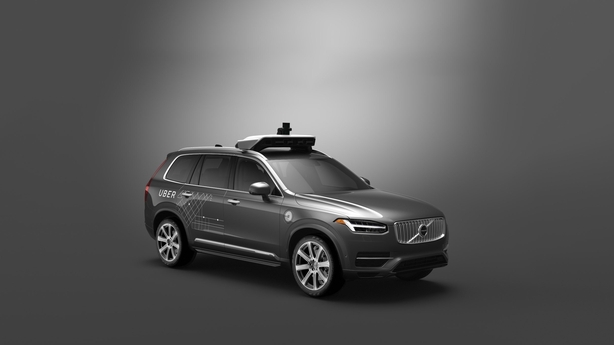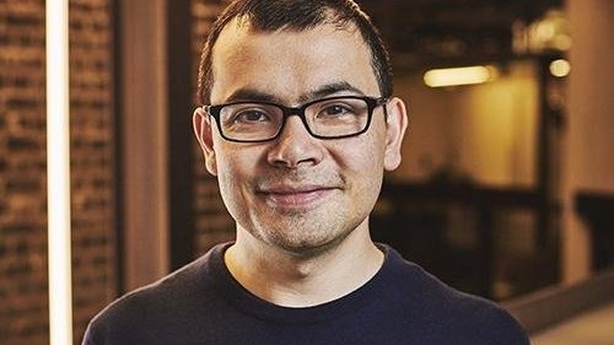The head of Volvo's self-driving programme has said the company has to accept liability for self-driving cars to allow the public and authorities to have full confidence in them. His comments come as another expert warns of the dangers of self-driving.
Marcus Rothoff, head of Volvo's autonomous car programme "Drive Me", has confirmed that Volvo is aiming to introduce its first "unsupervised car" on the road by 2021 but conceded that much needs to be done between now and then. Two families in Sweden are now using the cars on public roads and Volvo is to use feedback from more than 100 drivers before its testing programme is complete.

Volvo is now part of Uber's autonomous car testing programme.
Speaking at the recent Cartell "Electronomous" conference in Killarney, Mr Rothoff said that currently we, as drivers, take responsbility for our cars but when self-driving cars come on stream it is the company selling them that must accept responsibility and liability for them. He said Volvo would meet its 2021 target but "we will not go to market until we know people can trust these cars and that is our responsibility".
"We have to take that responsibility before we sell these cars on the market. Otherwise people won't have confidence in them. Authorities also want proof that they are safe".
He said current research was still looking at issues such as how the car would behave in snow, fog, motorway driving conditions and other challenges. "If the car sees a stationary vehicle how will it predict whether someone might walk out from behind it ? Will it expect to see a pedestrian suddenly appear on a highway late at night ? Are there still some accidents we cannot yet deal with ?". He said the only way forward was through research with customers in real time.

DeepMind's co-founder, Demis Hassabis, has questioned on-road testing of autonomous cars.
His comments come as one of the pioneers of artificial intelligence behind self-driving cars has questioned their their being tested on public roads. Demis Hassabis co-founded DeepMind, which was bought out by Google for its autonomous driving programme. He is regarded as one of the world's foremost experts on artificial intelligence.
He told the Royal Society in London: "If we are going to have self-driving cars, well maybe we should test them before putting them on the road rather than beta testing them live on the road like we have now. Is that respomsible ? Really ?
"How do you ensure, mathematically, that systems are safe and will only do what we think they are going to do when they are 'out in the wild' ", he said.
At least three self-driving car fatalities are under investigation in the United States. However, car engineering experts say the only way to properly test self-driving cars is out on the open road. "We can't think of everything in controlled conditions. If we tried to we would get nowhere fast. You have to go onto public roads to get realistic results because it is the only place to encounter realistic conditions. You get real-life incidents thrown at you that you might never have foreseen", said one.
In the meantime, Volvo has confirmed that its new S60 will be its first car not to have a diesel engine option - in keeping with its earlier statement to phase out diesel completely. The company says it now expects half of all its sales to be fully electric by 2025.


